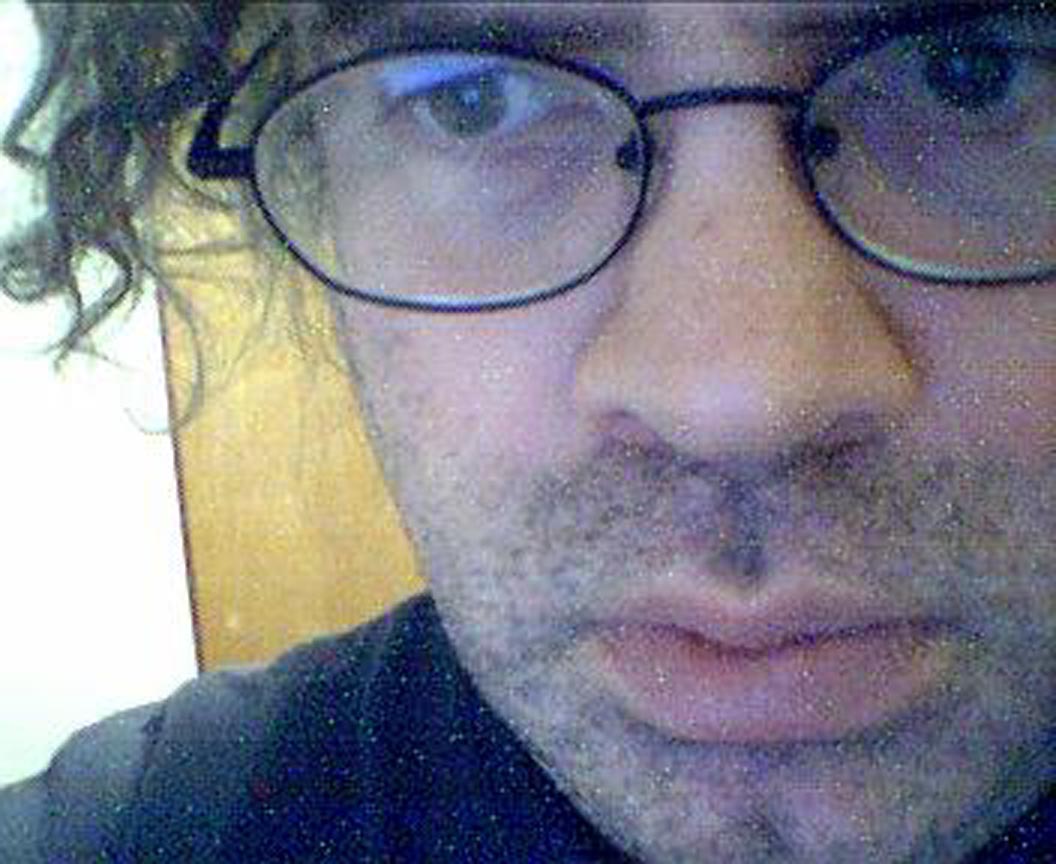| « Raindrops | A Trumpet Player in Kathmandu (The Runner, Part 4 of 4) » |
Lies Are More Honest than Truth
It sounds weird, doesn’t it? But it is easier to tell the truth about stuff if you are making it up. Otherwise you have to contend with permission forms and people saying “I don’t want my story told or my face used.” After six years of work, someone saying “I don’t want you to use my information anymore,” will destroy your project, and potentially your career. And as for the subject matter, we, the writers, can never admit to actually having done some of the stuff we write about, or else we would be in real trouble. So songwriters and writers lie, because that’s the only way we can present the truth.
When a songwriter is asked “What is this song about?” and the songwriter says “Whatever you want” or “I might destroy your illusions“ there might be stories the songwriter doesn’t want to tell, and there might be something which has to do with a bigger truth. Or, maybe the truth behind a song or story is really boring and the writer wants the public to imagine something far more exciting. Lucy In The Sky with Diamonds, was never about LSD, for example, despite any evidence that it might have been.
Or was it?
I also think the lines between truth and fiction can blur. What does the so called “truth” matter when all indications are otherwise? A person can lie just as easily about being involved with something as not being involved with something, and when the intention is to create ambiguity, the question of “whether or not,” then what purpose does truth serve?
There is definite crossover between news and popular media. People start acting the way they think the world is supposed to be, because that is how they see it on film and TV. And that’s not hard to understand, because people who make film and television often try to present the world in a way that the general public wants to see it. So society gets caught in a feedback loop, watching the world on popular media and then recreating it in real life.
And there are techniques and tools to make certain types of information more or less interesting, as the situation requires. I believe the news and media jockeys call it “spin.” But I don’t want to discuss politics.
I wanted to write some fictions around the idea of music. For BFMN, I have been writing a story called “A Trumpet Player in Kathmandu.” I don’t know if any musicians did terrible things in the sixties and escaped and stayed in Nepal. I know that a lot of people did go to Kathmandu in the sixties and they did stay. When I was there in 1990 I saw them in the street, and I could hear it in the music.
Joe Townsend was a character I started creating when I was living in the Banwasi Seva Ashram in 1989. The whole idea was that sometimes we do things which are irredeemable. Sometimes, and for many reasons, we can never stop running. We can never return to The Garden.
I was in Kathmandu in 1990, and there was a civil war. In Kathmandu, I did correct the English on a political speech but I did not get to jam with a jazz band. I did get to jam in a small club in Saigon in the mid-nineties, but that is a whole other story. I once wrote a song called “Revenge” about killing someone who caused me a lot of misery in my life, and what would happen to me if I did. The fellow is, of course, alive and well, but it was a wonderful catharsis to write the song. It purged me of a lot of negative emotions and I can say that, after giving me years of torment, I was finally able to take something good from him which made everything ok. Of course, I will probably never identify or forgive the person in question. Or explain the details. So there you go, I wrote a wonderful song based around these intense truths which is a complete fabrication. But, to tell truth of the story, I had to lie.
Finally, I want to mention a documentary I never completed, a documentary I was ideologically attached to. It said something about people, myself and the world that I felt just had to be said. I received money to film a conference and edit a promotional video. I was very careful to get all the permission slips necessary. Six years later, when I am ready to promote the material, one of the people involved decided he didn’t want me to use him. It killed the project right there, and it also killed a little piece of me, permission slips or no permission slips.
So how does a writer tell the truth about themselves, and other people, and the world? When the world and other people swoop in and say “You have no right!” then how does a writer say what needs to be said? It’s easy. We make up fictions about true stuff.
And the distinction here is VERY important. It is WRONG to tell fictional stories about real people (unless they want you to). But we are all human beings. We all share the same stories. I think it’s ok to tell real stories about fictional people.
And sometimes those fictional people are real people, too.
And I think it’s fun. I think I may continue.




